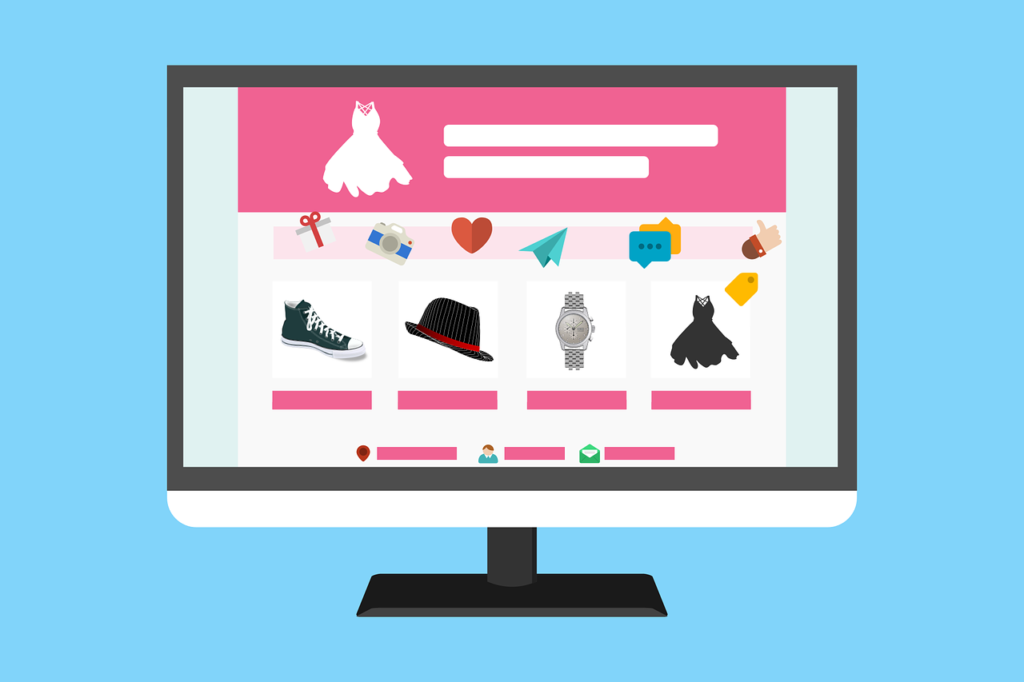[contact-form-7 id=”4740″ title=”Call me”]

Starting your own business can be a very rewarding experience, but it’s also important to be prepared for the challenges that come with it. There are a number of things you’ll need to do in order to get your business off the ground, including creating a business plan, finding investors, and setting up a shop. You’ll also need to develop a marketing strategy and make sure that you have the right products and services to offer. And don’t forget about customer service – you’ll need to be prepared to handle inquiries and complaints from your customers.
Of course, these are just a few of the things you’ll need to keep in mind when starting your own e-commerce business.
Here are 7 tips to help you get started:
The first step to starting any business is doing your research. This is especially true for e-commerce businesses, which require a bit more planning and preparation than other types of businesses. You’ll need to find a niche market to target, and you’ll also need to determine what kinds of products or services you want to offer. Take your time and make sure that you have a good understanding of the industry before you get started.
For example, if you want to start a business that sells eco-friendly products, you’ll need to research the market to see if there is demand for such products. You’ll also need to find out what kind of competition you’ll be up against. This can be done by searching for similar businesses online and seeing what they’re offering.
On the other hand, if you’re not sure what kind of business you want to start, you can always look for inspiration by browsing through e-commerce sites. This can give you some ideas about the kinds of products or services that are popular with consumers.
Once you’ve decided on the type of business you want to start, you’ll need to set up a website. This is where you’ll showcase your products or services and provide information about your business. You can either create your own website, use a platform like Shopify to set up an online store or contact Smek Digital Consulting.
If you’re not familiar with web design, there are plenty of templates and tutorials available online that can help you get started. And if you’re not sure how to market your website, there are a number of agencies that specialize in e-commerce marketing.
However, partnering up with an experienced ecommerce website development agency might still be a wiser choice. They have the expertise and knowledge to create a professional-looking website that is tailored to your specific business needs.
Content is key when it comes to your website. Make sure that you provide clear and concise information about your products or services, and include high-quality images to showcase them. Businesspeople nowadays love working with an expert SEO consultant who can be their guide in getting more traffic on their site. For instance, New Jersey SEO provides a list of search engine optimization services that business owners can take advantage of.
In order to set up a website, you’ll need to find a hosting service. This is where your website will be stored and accessed by consumers. There are a number of different hosting services available, so you’ll need to do your research to find the best one for your needs. As the people behind this WooCommerce hosting provider say, stores that expect to generate thousands of transactions per hour require a little more attention. That’s why it’s important to find a hosting service that can meet the demands of your business.
Once your website is up and running, you’ll need to start attracting customers. This can be done through a variety of marketing strategies, such as search engine optimization (SEO), pay-per-click (PPC) advertising, and social media marketing. You’ll need to experiment with different tactics to see what works best for your business.
Also, don’t forget about traditional marketing methods, such as print ads, TV commercials, and radio spots. These can be effective, especially if you’re targeting a local audience. Keep in mind, however, that e-commerce businesses have a global reach, so you’ll need to tailor your marketing efforts accordingly.
Of course, none of this will matter if you don’t have the right products or services to offer. You’ll need to make sure that your offerings are of high quality and that they meet the needs of your target market. Take your time to source the best products and develop a well-rounded product line.
For example, if you’re selling eco-friendly products, you’ll need to make sure that your products are made from sustainable materials and that they’re effective at doing what they claim to do. Otherwise, you’ll quickly lose the trust of your customers.
Similarly, if you’re selling services, you’ll need to make sure that you have a good reputation for providing quality service. One way to do this is to offer a money-back guarantee or a free trial period. This will show customers that you’re confident in your ability to deliver on your promises.
As your business grows, you’ll need to be prepared to handle customer inquiries and complaints. This can be a challenge, especially if you’re not used to dealing with customers. However, there are a few things you can do to make the process easier. First, make sure that you have a dedicated customer service team in place. This team should be responsible for responding to customer inquiries and complaints in a timely and efficient manner.
Second, make sure that you have clear returns and refunds policy in place. This will help to ensure that customers are satisfied with their purchases and that they understand what to do if they’re not. Finally, make sure that you’re regularly monitoring your online reputation. This will help you to quickly identify and address any negative reviews or feedback.

Starting an e-commerce business can be a daunting task, but with the right planning and preparation, it can be a successful venture. By doing your research, finding the right hosting service, and developing a marketing strategy, you’ll be well on your way to building a thriving online business.
Additionally, make sure that you have quality products and services to offer, and that you’re prepared to handle customer inquiries and complaints.
With these tips in mind, you’re ready to take on the challenge of starting an e-commerce business! Keep in mind that these are just a few tips to get you started; for more detailed information, be sure to consult with a business expert. Good luck!